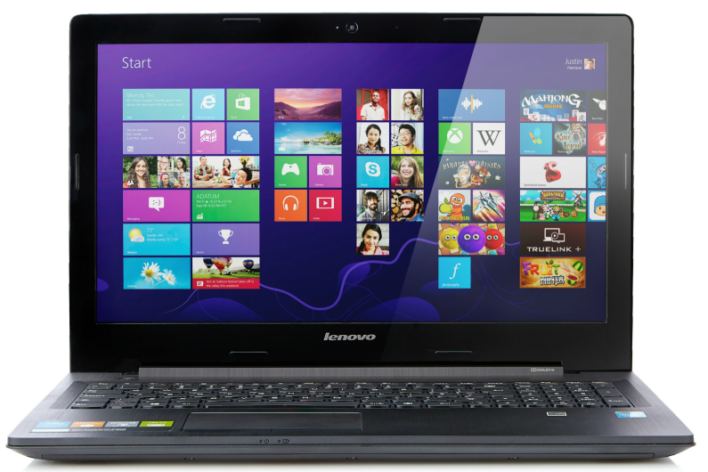- Jan 6, 2017
- 835
Computer manufacturer Lenovo, has agreed to settle charges by the Federal Trade Commission that it harmed consumers by pre-loading software on some laptops that compromised security protections in order to deliver ads to consumers.
If you’re considering a laptop purchase, now might be the time to take a look at Lenovo. All product comparisons aside, the terms of a legal battle might make it the most secured tech on the market.
Two years ago, Lenovo customers started noticing weird, highly-specific advertising popping up in their browsers (note: this is before the days of Amazon Echo or Google Home listening while you talk). Following complaints from users, Lenovo fessed up: the company had factory-installed an adware program developed by Superfish to track image-based behaviors for advertising purposes.

Lenovo has now settled the case with a $3.5 million fine.
Unremovable
And no, not only did customers not know about this (even in those pesky terms and conditions no one reads), they couldn’t remove it or opt out of it. Even worse, there was a man-in-the-middle certificate to the intrusive adware, meaning Superfish (as intended) and potentially anyone who gained access could grab data from your more secure online activity, like work-related or financial account information.
Lenovo seemed genuinely shocked that people were upset by this, but eventually issued a removal tool. Unfortunately, that tool was released after the browser signature for Superfish had been hacked.
Violation of privacy
Of course, tactics that violate the rights to privacy of consumers tend to draw the attention of the Federal Trade Commission. An investigation and resulting lawsuit were launched, and Lenovo has now settled the case with a $3.5 million fine. So why should you run out and buy a Lenovo product?
Random audits
Not specifically stating that you should or anything, but further agreements in the settlement mean Lenovo will never pull a stunt like this again, and will adhere to strict software security requirements for the next twenty years. There will also be random, repeated third-party audits of all software that Lenovo installs on its devices.
In a perfect world, other tech manufacturers would sit up, take notice, and make sure not to go down Lenovo’s path. Fortunately, the FTC will be waiting with further legal action if (or when) they do.
If you’re considering a laptop purchase, now might be the time to take a look at Lenovo. All product comparisons aside, the terms of a legal battle might make it the most secured tech on the market.
Two years ago, Lenovo customers started noticing weird, highly-specific advertising popping up in their browsers (note: this is before the days of Amazon Echo or Google Home listening while you talk). Following complaints from users, Lenovo fessed up: the company had factory-installed an adware program developed by Superfish to track image-based behaviors for advertising purposes.

Lenovo has now settled the case with a $3.5 million fine.
Unremovable
And no, not only did customers not know about this (even in those pesky terms and conditions no one reads), they couldn’t remove it or opt out of it. Even worse, there was a man-in-the-middle certificate to the intrusive adware, meaning Superfish (as intended) and potentially anyone who gained access could grab data from your more secure online activity, like work-related or financial account information.
Lenovo seemed genuinely shocked that people were upset by this, but eventually issued a removal tool. Unfortunately, that tool was released after the browser signature for Superfish had been hacked.
Violation of privacy
Of course, tactics that violate the rights to privacy of consumers tend to draw the attention of the Federal Trade Commission. An investigation and resulting lawsuit were launched, and Lenovo has now settled the case with a $3.5 million fine. So why should you run out and buy a Lenovo product?
Random audits
Not specifically stating that you should or anything, but further agreements in the settlement mean Lenovo will never pull a stunt like this again, and will adhere to strict software security requirements for the next twenty years. There will also be random, repeated third-party audits of all software that Lenovo installs on its devices.
In a perfect world, other tech manufacturers would sit up, take notice, and make sure not to go down Lenovo’s path. Fortunately, the FTC will be waiting with further legal action if (or when) they do.
